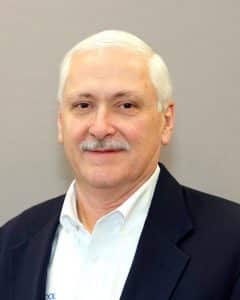The League School’s neurodiversity project relies on community, business partnerships

Career Learning Center in the works
Neurodiverse students display behaviors associated with autism spectrum disorder (ASD) or other neurologically atypical thoughts and behaviors like ADHD, Tourette Syndrome, social anxiety, and dyslexia. These are commonly viewed as differences and disabilities rather than classified mental disorders. Thanks to an initiative, opportunities for employment are available to students enrolled with the League School for Autism.
Launched in May 2023, the Neurodiversity Employment Incubator Partnership was created in response to a high rate of unemployment—greater than 80 percent—in the neurodiverse community.
The League School of Autism, formerly known as the League School of Greater Boston, was founded in 1966 ...
Want to keep reading this article from New England Psychologist?
Login below or subscribe today to support independent journalism!
